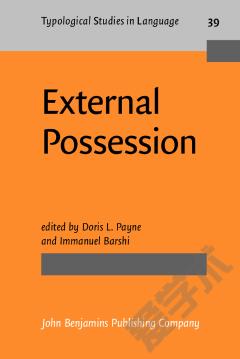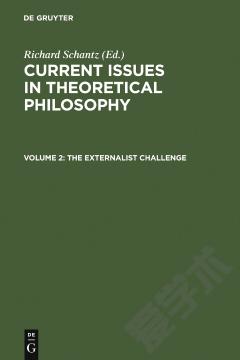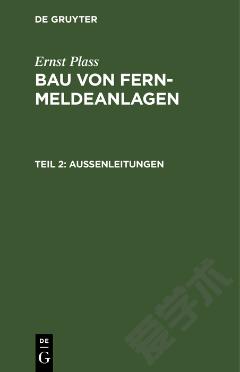External Possession.
External Possession Constructions (EPCs) are found in nearly all parts of the world and across widely divergent language families. The data-rich papers in this first-ever volume on EPCs document their typological variability, explore diachronic reasons for variations, and investigate their functions and theoretical ramifications. EPCs code the possessor as a core grammatical relation of the verb and in a constituent separate from that which contains the possessed item. Though EPCs express possession, they do so without the necessary involvement of a possessive predicate such as “have” or “own”. In many cases, EPCs appear to “break the rules” about how many arguments a verb of a given valence can have. They thus constitute an important limiting case for evaluating theories of the relationship between verbal argument structure and syntactic clause structure. They also raise core questions about intersections among verbal valence, cognitive event construal, voice, and language processing.
{{comment.content}}








 京公网安备 11010802027623号
京公网安备 11010802027623号